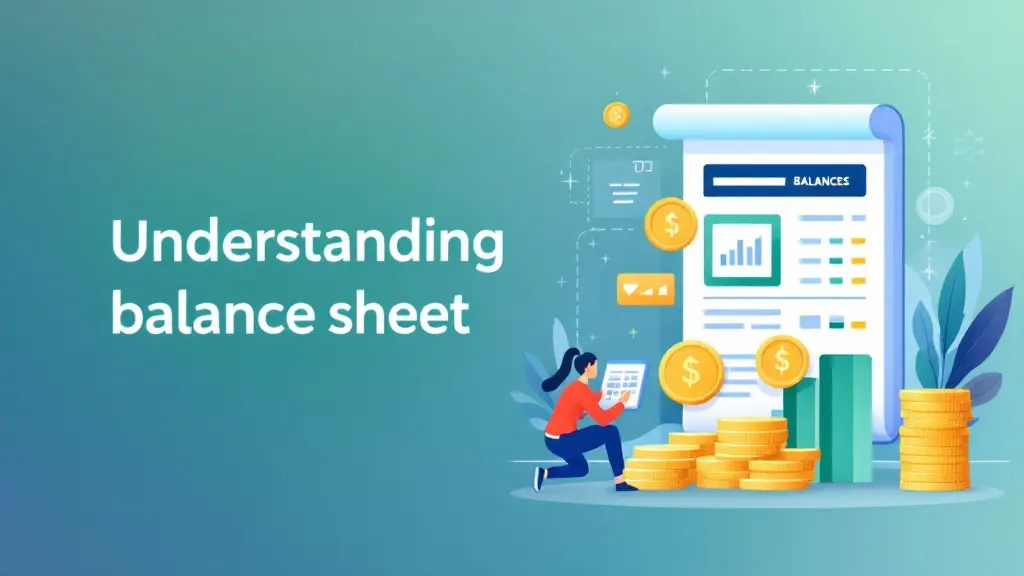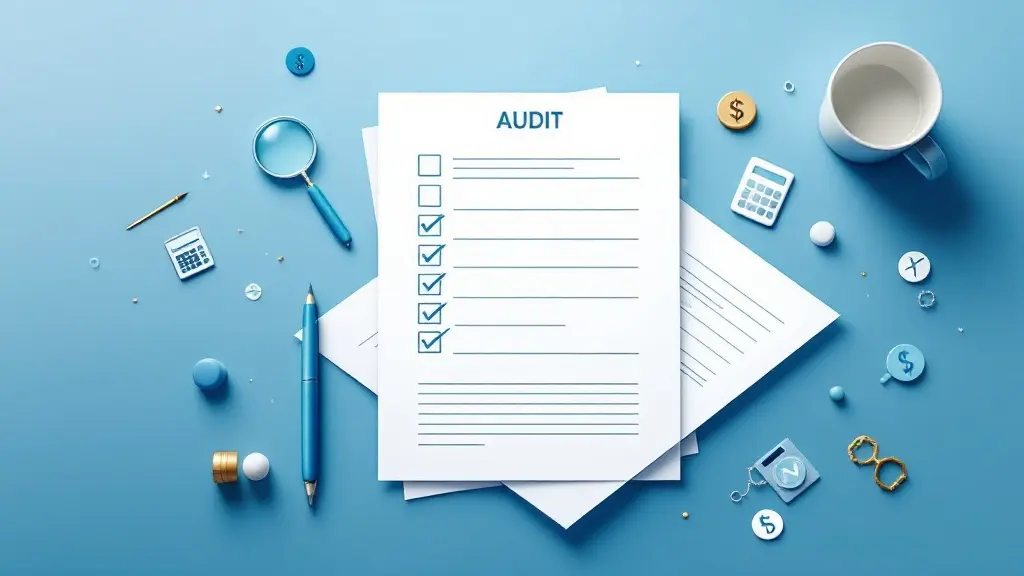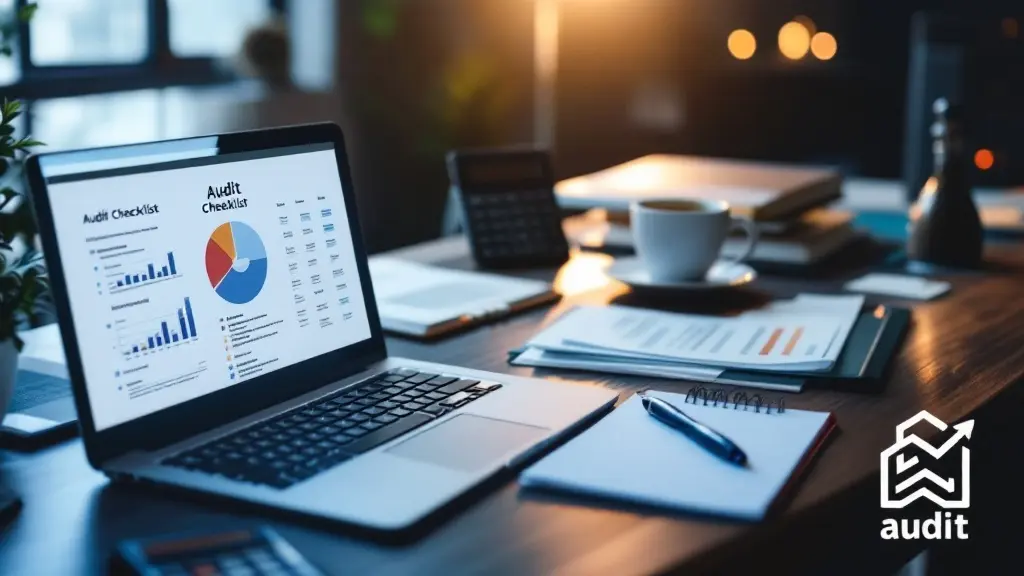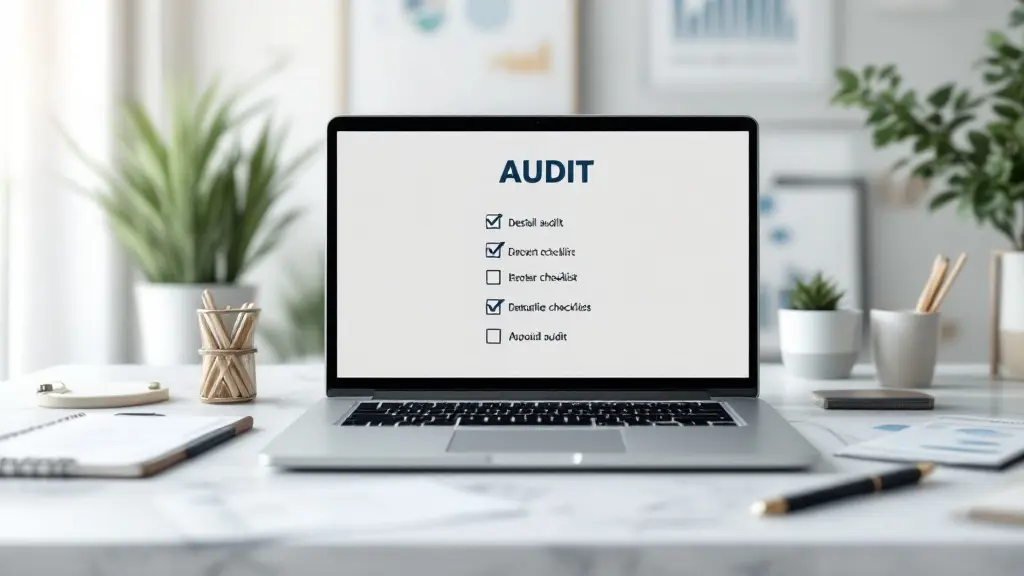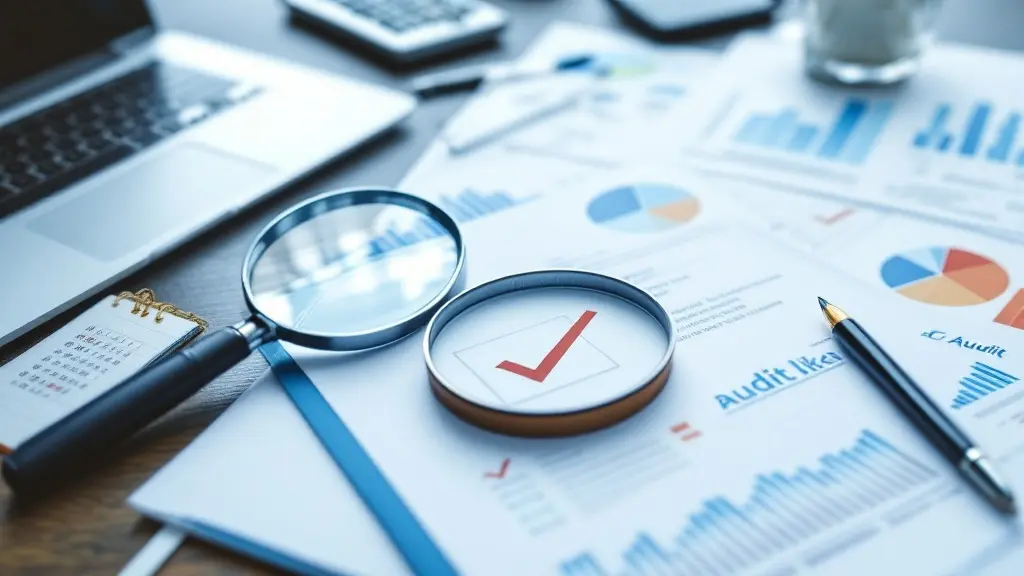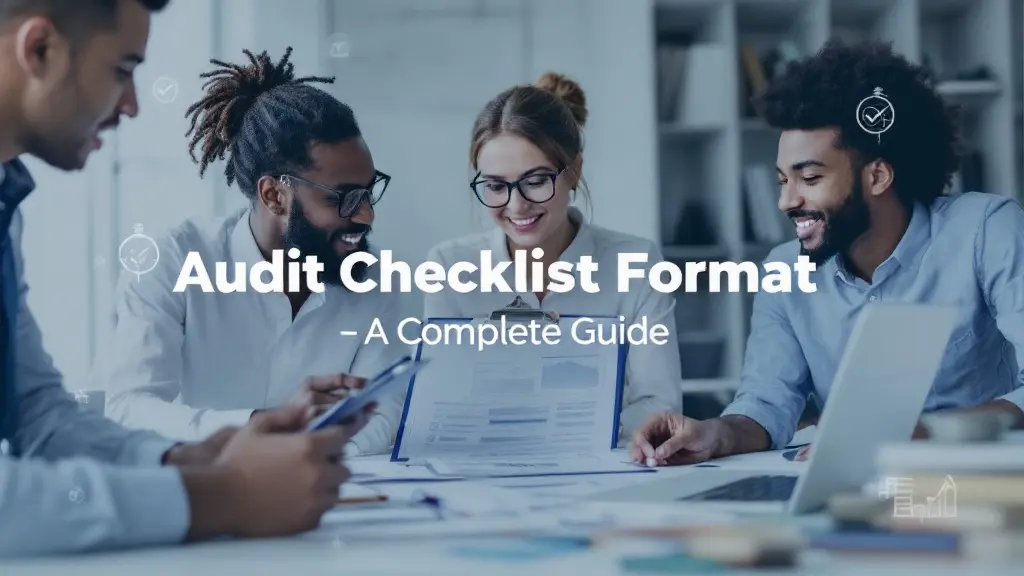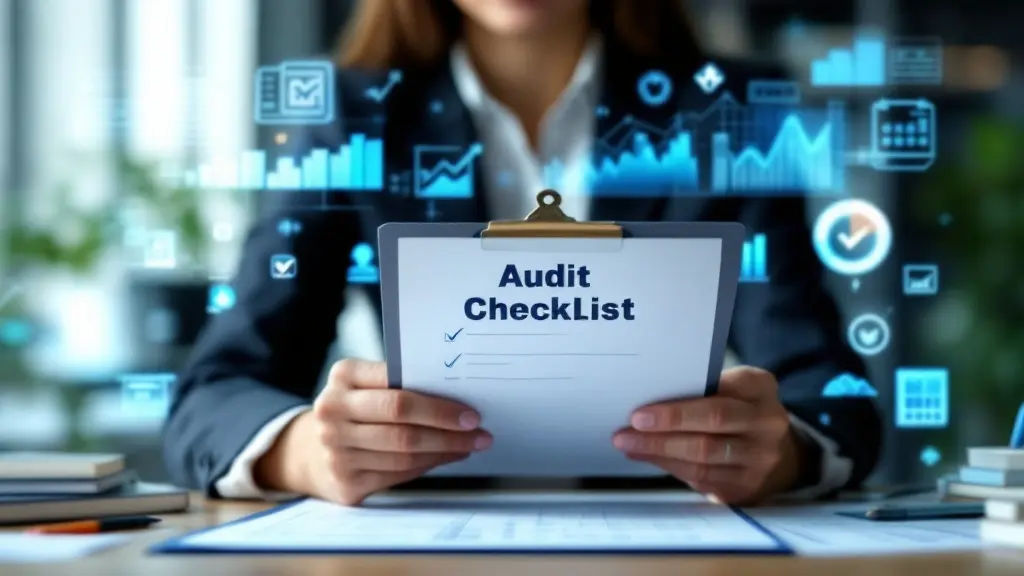The Advantages of a Balance Sheet: A Key Financial Tool for Every Business
Table of Contents
Most Read
[fusion_dropcap class="fusion-content-tb-dropcap"]U[/fusion_dropcap]nderstanding your company’s financial health is essential for making informed business decisions. One of the most crucial tools that provide a clear picture of your company’s financial position is the balance sheet. In this blog post, we’ll explore the key advantages of having a well-prepared balance sheet. Whether you’re a small business owner, accountant, or investor, this simple yet powerful financial statement is a vital resource that can help you monitor your company’s success, streamline your operations, and make future financial decisions.
What is a Balance Sheet?
Before diving into the advantages, it’s essential to understand what a balance sheet is and what it entails. A balance sheet is a financial statement that summarizes a company’s assets, liabilities, and shareholders’ equity at a specific point in time. The balance sheet follows the basic accounting equation:
Assets = Liabilities + Equity
It provides a snapshot of what a company owns and owes, making it one of the most valuable tools in financial analysis. It’s divided into two main sections:
- Assets: What the company owns. These include current assets (cash, inventory) and non-current assets (property, equipment).
- Liabilities: What the company owes. These can be short-term (like accounts payable) or long-term (like loans).
- Equity: The residual interest in the assets of the company after liabilities are deducted. This includes the owner’s equity and retained earnings.
Now that we know what a balance sheet is, let’s discuss the advantages it offers.
1. Offers a Clear Picture of Financial Health
One of the primary benefits of a balance sheet is that it provides a snapshot of a company’s financial health at a particular point in time. By looking at a balance sheet, business owners and investors can quickly assess the financial stability of a company.
- Assets vs. Liabilities: A balance sheet allows you to see whether a business has more assets than liabilities. If a company has more liabilities than assets, it could be in financial trouble.
- Liquidity and Solvency: A balance sheet helps assess a company’s liquidity (how easily it can pay off short-term obligations) and solvency (its ability to meet long-term debts).
For example, if a company’s liabilities are too high compared to its assets, it might need to take action, such as reducing debt or increasing capital, to ensure financial stability.
2. Helps in Financial Planning and Decision Making
A balance sheet is an indispensable tool for financial planning. By regularly reviewing your balance sheet, you can better understand your business’s financial position and make strategic decisions about future growth, investments, and spending.
- Budgeting: The balance sheet highlights areas where a company may need to improve its financial position. For instance, if a business has excessive debt, it may want to focus on paying it off before taking on new investments.
- Capital Allocation: It also helps in deciding where to allocate capital—whether to invest in new assets, reduce liabilities, or pay out dividends.
By analyzing trends in assets, liabilities, and equity, businesses can make data-driven decisions that support their long-term goals.
3. Essential for Securing Financing
When seeking loans or investments, lenders and investors typically require a balance sheet to evaluate a company’s financial condition. It provides valuable insight into a company’s ability to repay debts and generate profits. Here are a few key reasons why a balance sheet is essential in securing financing:
- Creditworthiness: Financial institutions assess a company’s creditworthiness by reviewing its balance sheet. A company with a solid balance sheet, low debt, and high liquidity is more likely to receive favorable loan terms.
- Investor Confidence: Investors use the balance sheet to gauge the potential for growth and profitability. A business with a healthy balance sheet is more likely to attract investors who want to see both a strong return on investment and a secure financial outlook.
Ultimately, a balance sheet is often the first document potential financiers and investors review when deciding whether to provide funding.
4. Aids in Risk Management
Effective risk management is critical for the success of any business. The balance sheet plays a pivotal role in identifying and managing financial risks. By analyzing the liabilities and equity section of the balance sheet, businesses can assess their exposure to potential financial risks.
- Debt Management: The balance sheet helps business owners understand the nature and amount of debt they carry. If a business has too much debt relative to its equity (high leverage), it may be at risk of financial distress.
- Asset Protection: The balance sheet also shows what assets are owned outright, which can help protect them in case of unforeseen circumstances.
Regularly reviewing the balance sheet allows business owners to identify risks early and take corrective actions, such as reducing debt or increasing assets, to safeguard the company’s financial health.
5. Improves Transparency and Accountability
A balance sheet is not only a useful tool for internal financial analysis but also plays a crucial role in ensuring transparency and accountability, especially in publicly traded companies or businesses that have multiple stakeholders.
- Clear Reporting: A well-constructed balance sheet provides clear reporting on the financial position of the company, which helps shareholders, investors, and other stakeholders understand how the company is performing.
- Internal Control: For internal purposes, the balance sheet helps managers and owners track performance, ensuring that financial operations are conducted responsibly and that all assets and liabilities are accurately accounted for.
By making the balance sheet publicly available or easily accessible to key stakeholders, businesses demonstrate accountability and build trust with their investors and customers.
6. Assists in Valuation and Business Sales
When it comes to determining the value of a company, a balance sheet plays a crucial role. The assets and liabilities listed on the balance sheet help potential buyers, investors, or acquirers determine the financial worth of the business.
- Business Valuation: For small business owners looking to sell their business, the balance sheet helps potential buyers assess whether the asking price is justified. The more solid and healthy the balance sheet, the higher the perceived value of the company.
- Mergers and Acquisitions: In mergers or acquisitions, the balance sheet is used to evaluate the fair value of the company. It helps determine how much a buyer is willing to pay for the company’s assets and liabilities.
In short, a balance sheet is a key document in establishing the financial value of a business, which is critical during mergers, acquisitions, or sales.
7. Facilitates Tax Compliance and Reporting
For tax purposes, businesses are required to report their financial activities to the tax authorities. A balance sheet simplifies the process of filing taxes by providing a clear overview of the company’s financial standing.
- Tax Reporting: By having an accurate balance sheet, businesses can ensure they are complying with tax regulations. It also helps determine the tax liability by showing income, expenses, and equity.
- Audits: In the event of an audit, having a well-maintained balance sheet can help demonstrate that the business is adhering to financial laws and regulations. The more organized your balance sheet is, the smoother the audit process will be.
Having an accurate balance sheet ensures that tax-related matters are handled properly, reducing the risk of penalties or issues with the tax authorities.
Conclusion: The Power of the Balance Sheet
The balance sheet is more than just a financial report—it’s a powerful tool for understanding, managing, and growing your business. It provides valuable insights into your company’s financial health, aids in decision-making, and offers a clear picture of your assets and liabilities. By leveraging the advantages of a balance sheet, businesses can improve financial planning, manage risks, attract investment, and ensure long-term success.
Make it a habit to regularly update and review your balance sheet to ensure that your business remains on the path to financial stability and growth. Whether you’re running a startup or managing a well-established company, the balance sheet will always be one of your most valuable financial tools.
